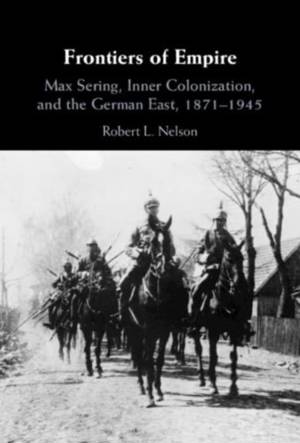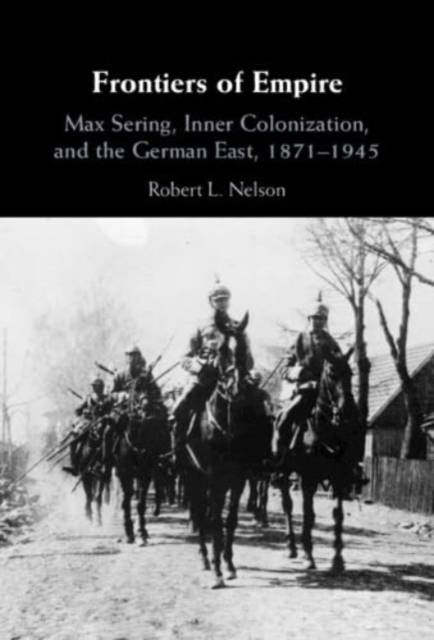
- Afhalen na 1 uur in een winkel met voorraad
- Gratis thuislevering in België vanaf € 30
- Ruim aanbod met 7 miljoen producten
- Afhalen na 1 uur in een winkel met voorraad
- Gratis thuislevering in België vanaf € 30
- Ruim aanbod met 7 miljoen producten
Zoeken
Frontiers of Empire
Max Sering, Inner Colonization, and the German East, 1871–1945
Robert L Nelson
Hardcover | Engels
€ 158,95
+ 317 punten
Uitvoering
Omschrijving
How did the homesteads and reservations of the Prairies of Western North America influence German colonization, ethnic cleansing and genocide in Eastern Europe? Max Sering, a world-famous agrarian settlement expert, stood on the Great Plains in 1883 and saw Germany's future in Eastern Europe: a grand scheme of frontier settlement. Sering was a key figure in the evolution of Germany's relationship with its eastern frontier, as well as in the overall transformation of the German Right from the Bismarckian 1880s to the Hitlerian 1930s. 'Inner colonization' was the settlement of farmers in threatened borderland areas within the nation's boundaries. Focusing on this phenomenon, Frontiers of Empire complicates the standard thesis of separation between the colonizing country and the colonized space, and blurs the typical boundaries between colonizer and colonized subjects. This title is part of the Flip it Open Programme and may also be available Open Access. Check our website Cambridge Core for details.
Specificaties
Betrokkenen
- Auteur(s):
- Uitgeverij:
Inhoud
- Aantal bladzijden:
- 332
- Taal:
- Engels
Eigenschappen
- Productcode (EAN):
- 9781009235365
- Verschijningsdatum:
- 25/01/2024
- Uitvoering:
- Hardcover
- Formaat:
- Genaaid
- Afmetingen:
- 152 mm x 229 mm
- Gewicht:
- 612 g

Alleen bij Standaard Boekhandel
+ 317 punten op je klantenkaart van Standaard Boekhandel
Beoordelingen
We publiceren alleen reviews die voldoen aan de voorwaarden voor reviews. Bekijk onze voorwaarden voor reviews.








